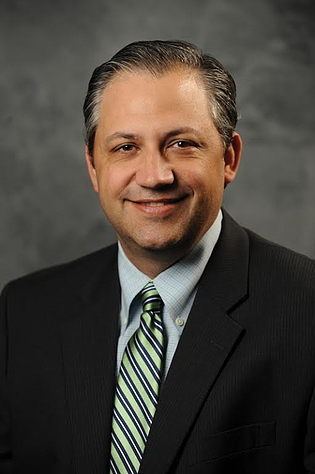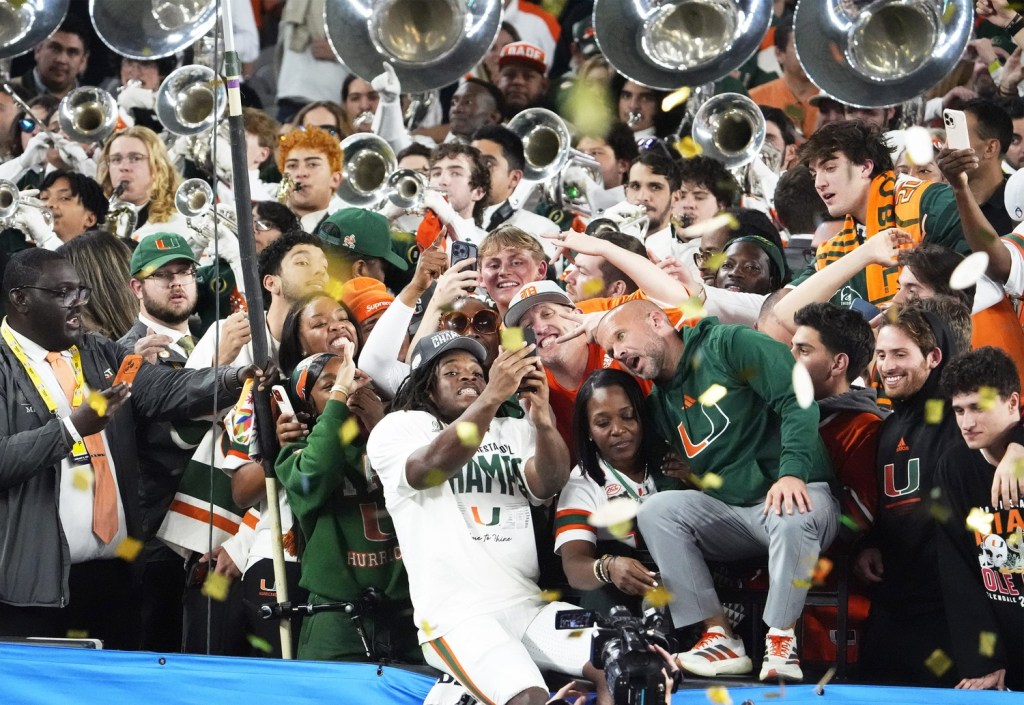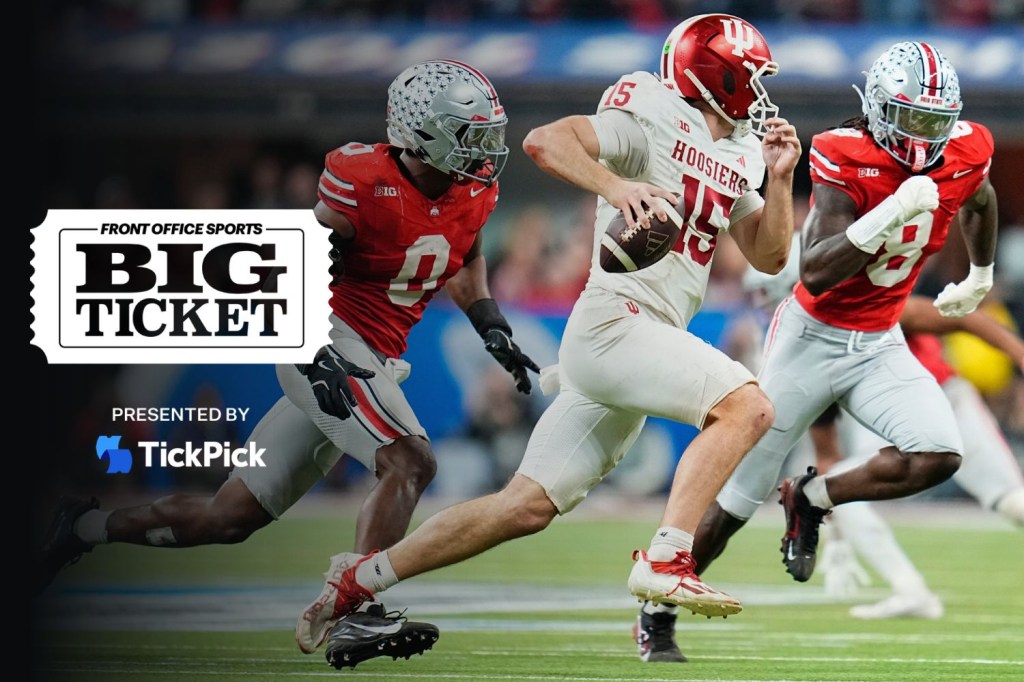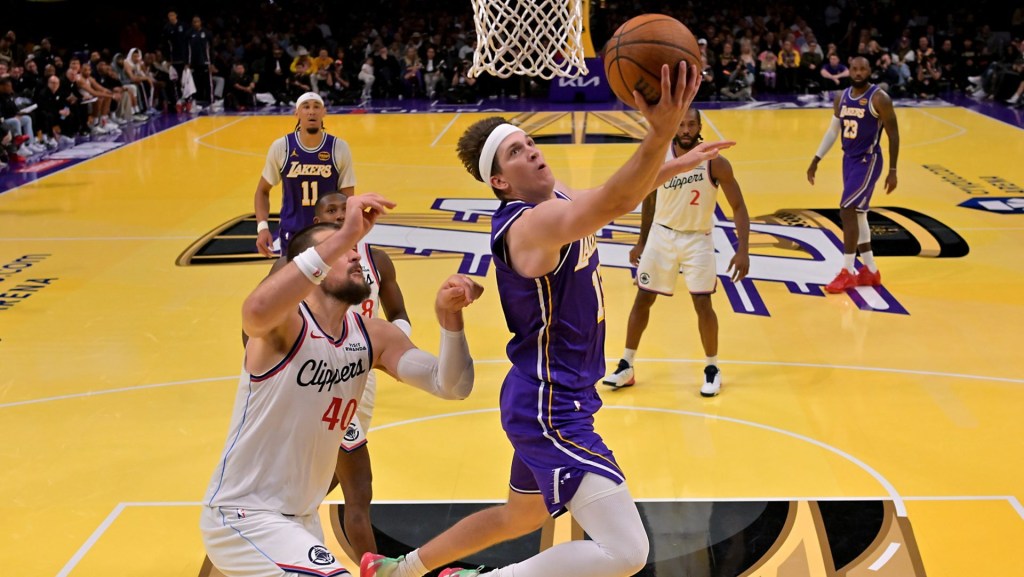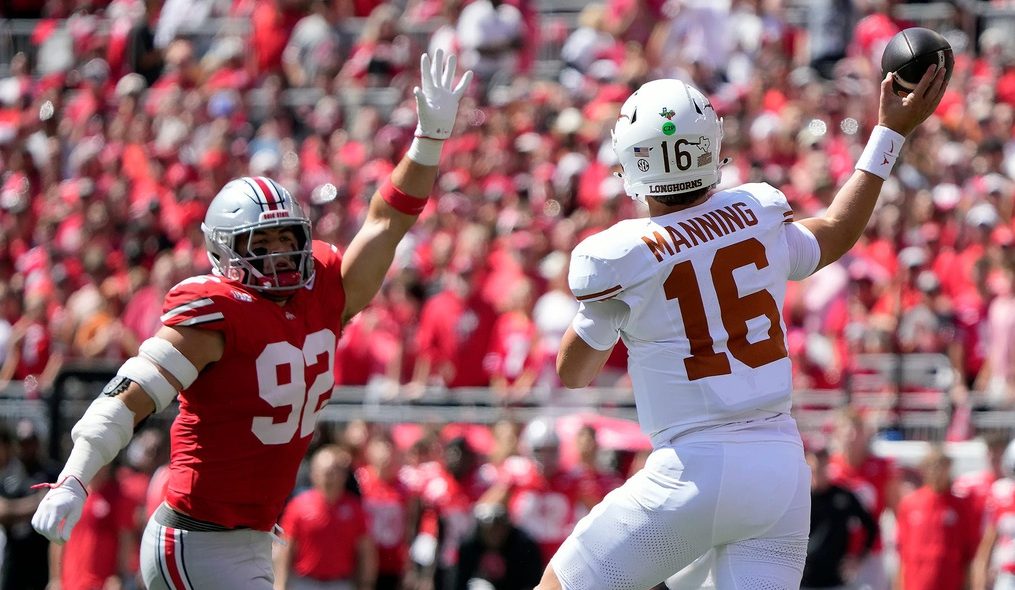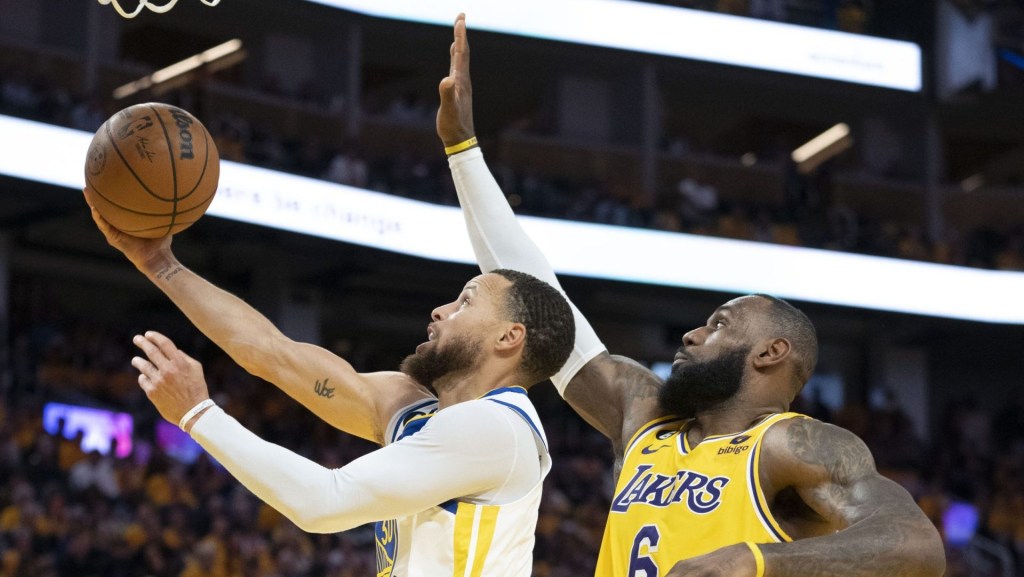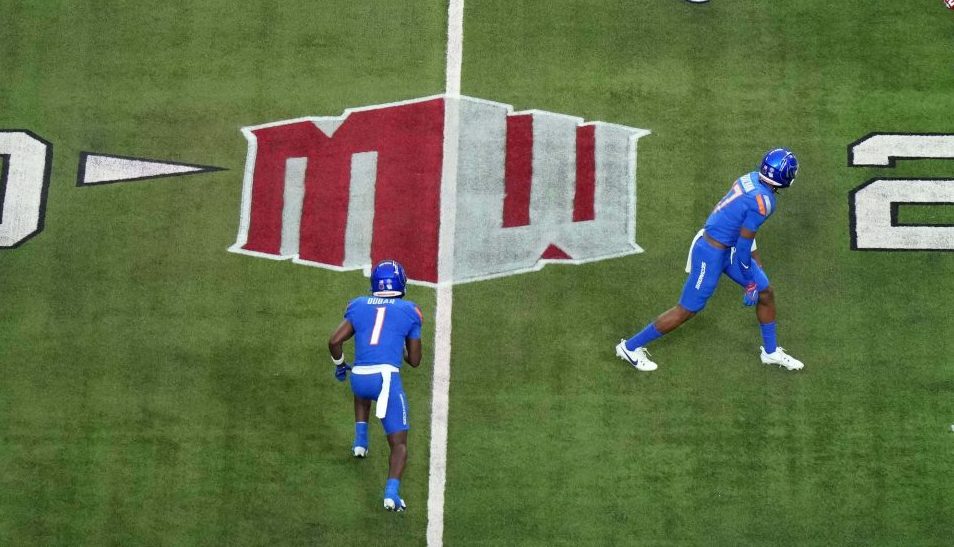By: Adam White, @FOSAdam

Front Office Sports is proud to have sat down with Marty Mulford, Sr. Director of Ticket Sales & Service for the Nashville Predators & Bridgestone Arena. An ambassador of the industry, Marty has been working in sports for 17 years now and has enjoyed every second of it. The Creator and Founder of Sports Industry Fast Pass, Marty not only wants to see himself succeed, but use his knowledge and expertise to help those who are just getting started. He was gracious enough to offer up his time and insight about the state of the ticket sales sector, why he thinks more people should want to work in ticket sales and why you should always stick with it.
You have been in sports now for about seventeen years. When you started out with the Pensacola Ice Pilots did you imagine you would find yourself where you are today? What has that journey been like for you?
The journey has been incredible. I could never had imagined my career bringing me to an NHL team in Nashville, TN, but I have enjoyed every moment of the ride. I knew I loved sports, I knew I loved working with people and that ended up being a great combination for working in ticket sales. I have met so many great people and been able to take part in so many things I could have never dreamed of. I grew up in Albany, GA and I always knew I wanted to work in sports, but honestly, had no clue where to even start.
I wasn’t even 100% sure if people actually worked for teams, but knew if they did, that’s what I wanted to do. I attended Florida Atlantic University in Boca Raton, FL to not only be with closer to some friends I had made growing up, but more importantly, to be closer to the teams in that area. After graduation, I attended the MLB Winter Meetings ironically in Nashville back 1998 and landed a job with a minor league hockey team in Pensacola, FL. I still think I might be the only person to attend the MLB Winter Meetings and get a job with a minor league hockey team.
You have been in ticket sales for a large majority of your career. What has made you stay? Where do you see the future of ticket sales going?
When I first started out, I thought I wanted to be a beat writer, but the more I got into it I realized that my best option was to do something where I was able to be social and in front of the public. I was great at talking to people and I think that is why ticket sales was such a natural fit for me, because I will talk to anyone. The favorite part of my job today is the coaching aspect of it and being able to teach our new staff and get them promoted both inside and outside of the organization.
As for the future of ticket sales, I don’t see it slowing down anytime soon. Although you can watch everything on all your devices today, there is still no substitute for going to a game.
Many students’ first jobs out of school in an organization are in ticket sales. What are some of the best tips you have learned throughout your career that you wish you knew when you were starting out?
Being able to create your own leads is crucial. When I started, there was no one to tell me how or what to do so I had to learn on my own. I can give you all the leads in the world, but they are never going to be the ones that you create for yourself. Being able to create your own leads is one of the easiest ways to become a top salesperson. I can give you 500 leads, but the person who generates their own leads will sell the most. Always continue to set goals for yourself, because the goal is not to get their job, the goal is to be #1 and move up.
Ticket sales is not the most glamorous position and many people won’t do it because of the hours and possibility of rejection. Can you touch on why people should consider going into ticket sales and how valuable those positions are to organizations?
Revenue from ticket sales is still one of the most important aspects to a teams’ bottom line and with this being the case, ticket sales is one of the most important positions. I don’t know why people don’t see ticket sales as one of the “sexy jobs” in sports because you are the person who gets to deal with everyone and you are the person everyone wants to know. Because of sheer numbers, it is the easiest part of the industry to break into, yet people are scared of it. To me, I can teach anyone how to sell tickets as long as they are open-minded and have the right attitude about it.
It is really frustrating when you go speak to a class and ask who wants to be in ticket sales, and in a class of thirty, maybe only three people raise their hand. It all comes down to making sure that you are taking care of yourself in school in order to get that interview and that job after school.
Ticket sales are the key to everything and it is the best way to get started because the skills you learn are invaluable for all aspects of your life. To me, it is the sexiest part of the organization, not only because you are out interacting with the fan base, but also because, if done correctly and well, there is a great financial reward to it.
Less than a year ago, you started Sports Industry Fast Pass; can you talk to me a little bit about why you wanted to do this, how it came about and what your goals are for it?
It came about during a career fair that the Atlanta Falcons hosted about two years ago. While I was there I held sessions for the prospective employees, and in the first session when I asked who wanted to be in ticket sales, of the seventy, none of them raised their hand. During the second session it was more of the same.
As I was driving back to Nashville, I realized that people really don’t know what they are supposed to do when it comes to breaking into sports, not only when it comes to ticket sales, but many of them had not even applied for or performed an internship. For me as a professional, I truly enjoy helping people and working with students who want to work in sports to help them get that opportunity. I have a friend who is a professor at Middle Tennessee State University who had an idea for a QR book where instead of reading about something, the reader could scan the code in the book and hear people talking about it instead.
It turned it into a conversation rather than just a left to right read. The whole idea was to give students a resource that they could use that would put them in a good place and prepare them in a way that allowed them to have the best opportunity to get a job coming out of college. The book is the equivalent of a sports career seminar that you can listen to in 8–9 minute chunks while sitting on the coach, walking to class or exercising and then refer back to whenever you need too.
Most memorable career moment?
The very first thing that comes to mind is my very first group sale back when I was in Pensacola. I was sitting in an office of about eight people with two salespeople and I was extremely nervous. I didn’t really know what to say when I was making these cold calls and I ended up calling this roofing company. Long story short, I gave them the whole pitch and the guy on the other end said that they had been thinking about doing something like this and asked if I could call him later.
The next morning I called him back and he told me, “Well I meant call me back a little bit later, like tomorrow.” He eventually ended up booking and I think he did so just so I would stop calling, because I called him every other day. I just had no idea what to do and it just sticks in my head because it was the first sale I had ever made.
Parting wisdom?
One of the most important things to remember is to stick with it and really remember why you wanted to work in sports in the first place. There are going to be some hard and frustrating times, but if it is really something you want to do you have to stick with it.
Another piece of advice is just to take care of what you need to do in college so you are properly prepared when you get to graduation day. If you do that, you will put yourself in a good position. If you wait, you will now be doing what you should have done in college when you have real bills, when you have a serious partner and are thinking about marriage and it just becomes that much harder.
We would like to thank Marty for his time and insight and we wish him all the best in his future endeavors!
You can follow him on Twitter here and connect with him on LinkedIn here!
